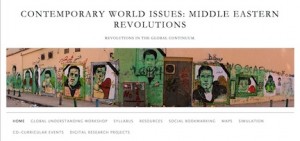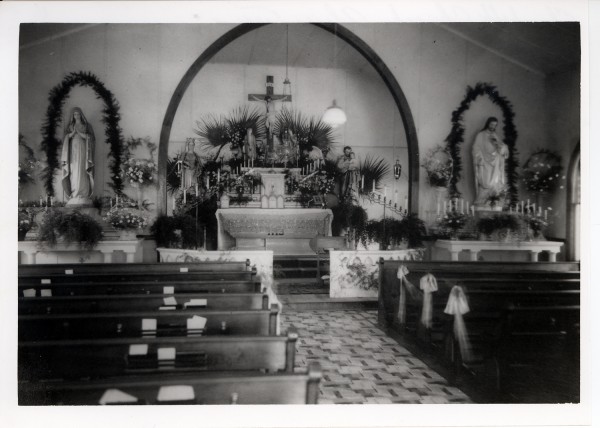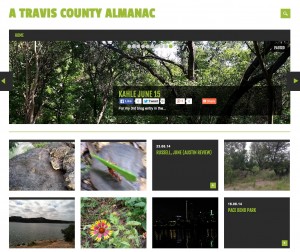 The Teaching, Learning, and Technology Roundtable (TLTR) congratulates the winners of Technology for Innovative Learning & Teaching Pilot Project Grants for 2015-2016. These grants fund faculty who wish to pursue innovative and technologically-sophisticated teaching. All proposals are evaluated by the TLTR Grants Selection sub-committee, comprised of at least 3 faculty members, 2 instructional technology staff members, and the CTE director. Abstracts for the projects are available on the TLTR Pilot Projects webpage. This year’s projects will engage students in research by using mobile devices to gather data and by using qualitative data analysis, join the Maker movement through 3-D printing, use remote control robots in conjunction with iPads to document teaching practice, and help students gather and reflect on their own personal data.
The Teaching, Learning, and Technology Roundtable (TLTR) congratulates the winners of Technology for Innovative Learning & Teaching Pilot Project Grants for 2015-2016. These grants fund faculty who wish to pursue innovative and technologically-sophisticated teaching. All proposals are evaluated by the TLTR Grants Selection sub-committee, comprised of at least 3 faculty members, 2 instructional technology staff members, and the CTE director. Abstracts for the projects are available on the TLTR Pilot Projects webpage. This year’s projects will engage students in research by using mobile devices to gather data and by using qualitative data analysis, join the Maker movement through 3-D printing, use remote control robots in conjunction with iPads to document teaching practice, and help students gather and reflect on their own personal data.
This year’s winners are:
Raelynn Deaton Haynes, Assistant Professor, Biological Sciences (NSCI) for the project, “Grabbing Panama by the Isthmus: Using Technology to Enhance the Study Abroad Experience for Evolution Students”
Rachael Neal, Assistant Professor, Sociology, Social Work, and Criminology (BSS) for the project, “Inside and Outside: Exploring the Boundaries of Community”
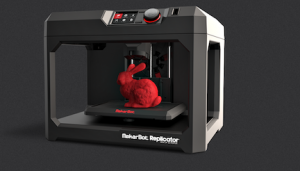 Sara Parent-Ramos, Visiting Professor of Art, Visual Studies (HUM) and Michael Massey, Assistant Professor of Humanities, for the project, “3D Printing Pilot Project: Interdisciplinary Applications and Pedagogical Explorations”
Sara Parent-Ramos, Visiting Professor of Art, Visual Studies (HUM) and Michael Massey, Assistant Professor of Humanities, for the project, “3D Printing Pilot Project: Interdisciplinary Applications and Pedagogical Explorations”
Kris Sloan, Associate Professor of Education and Chair, Teacher Education (EDUC) for the project, “Capturing Complexities in Classroom Teaching”
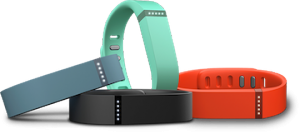 Michael Wasserman, Assistant Professor, Environmental Science & Policy (BSS) for the project, “Incorporating Personal Health Devices Into Environmental Science and Global Studies Courses in Angers, France: Understanding the Influence of Culture and Environment on Human Health”
Michael Wasserman, Assistant Professor, Environmental Science & Policy (BSS) for the project, “Incorporating Personal Health Devices Into Environmental Science and Global Studies Courses in Angers, France: Understanding the Influence of Culture and Environment on Human Health”
